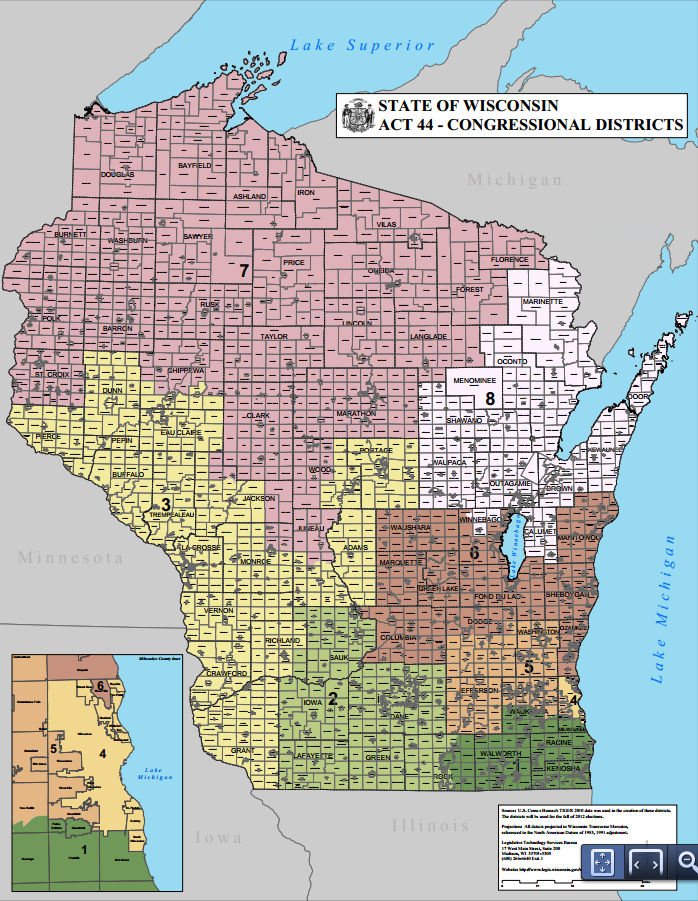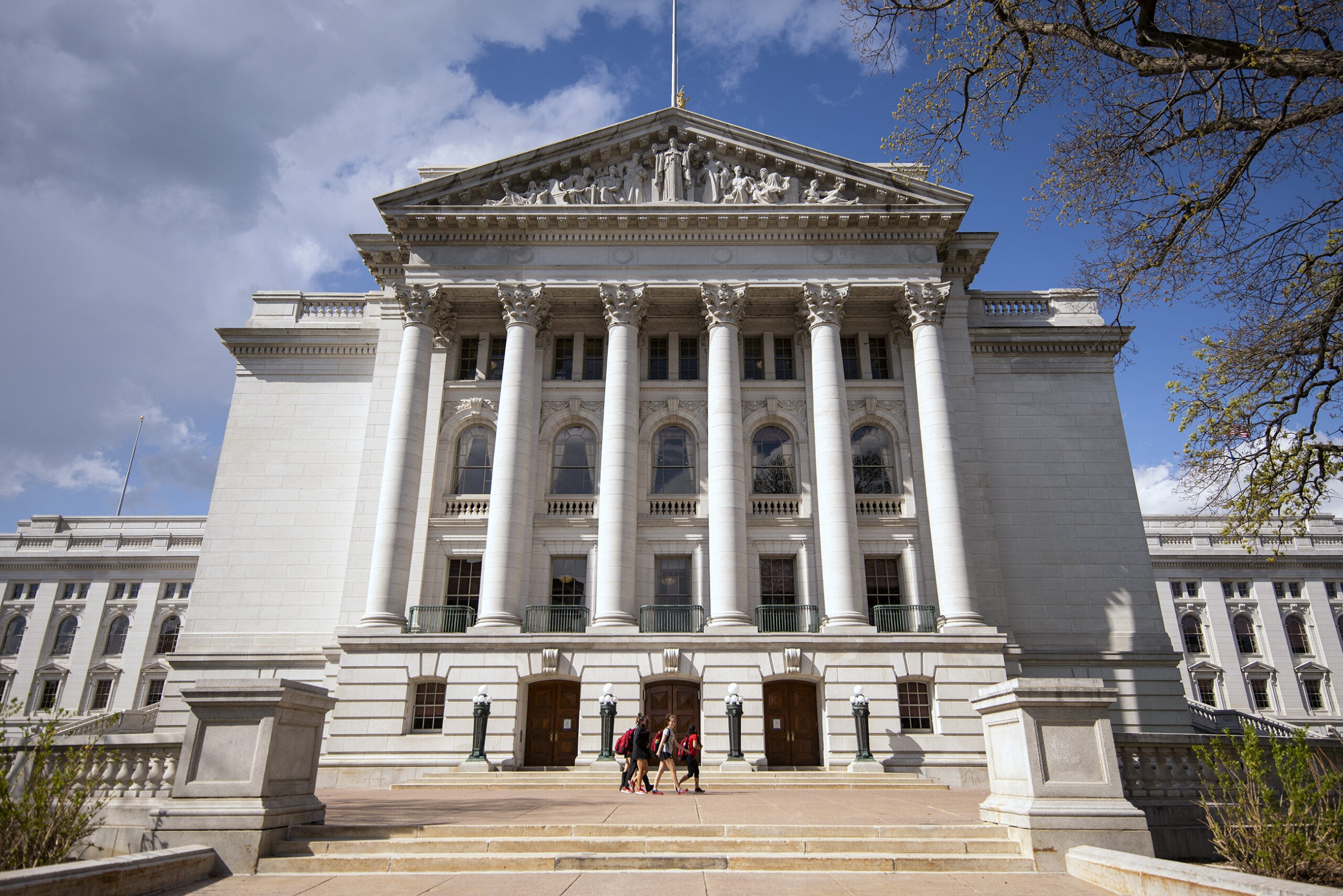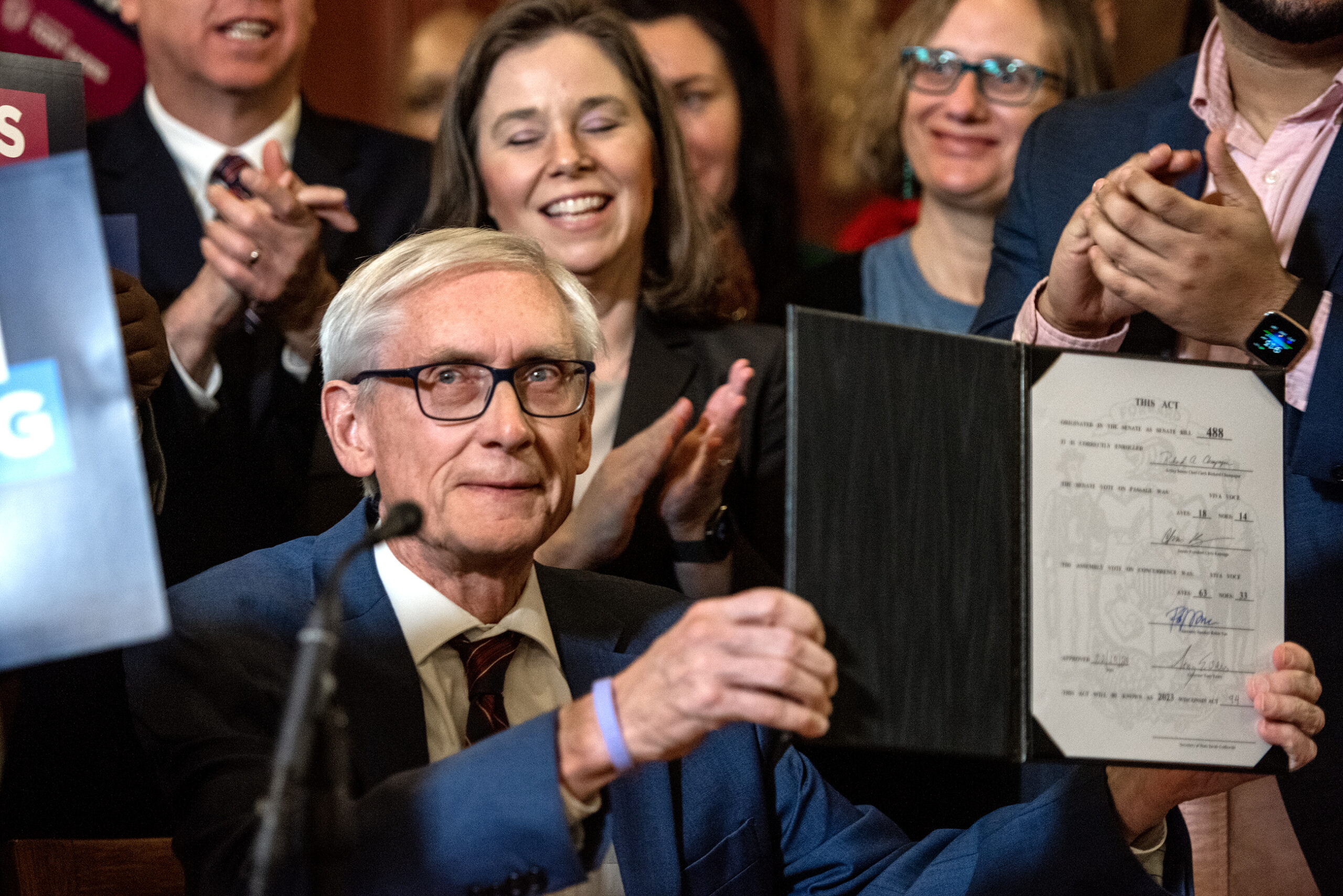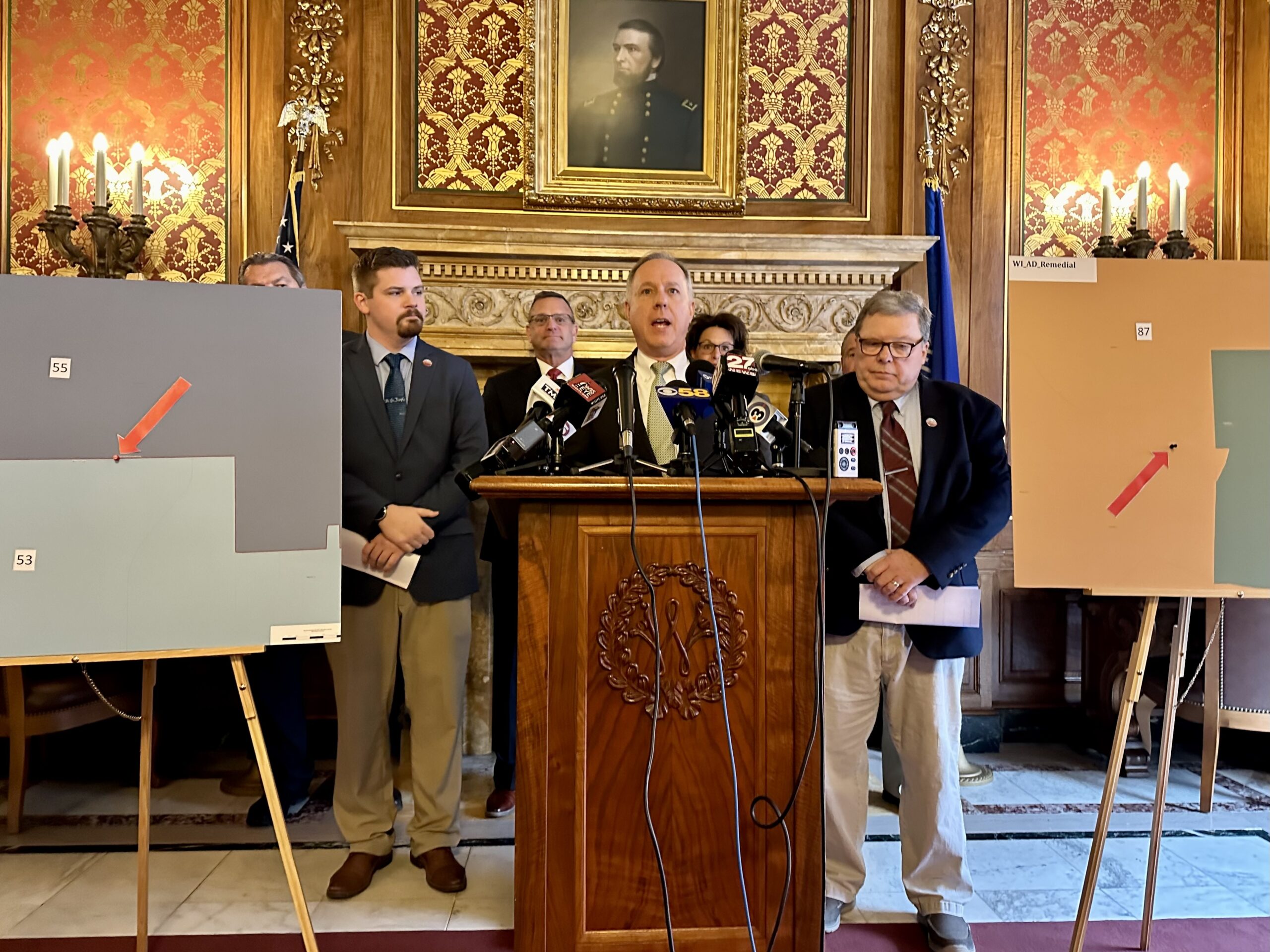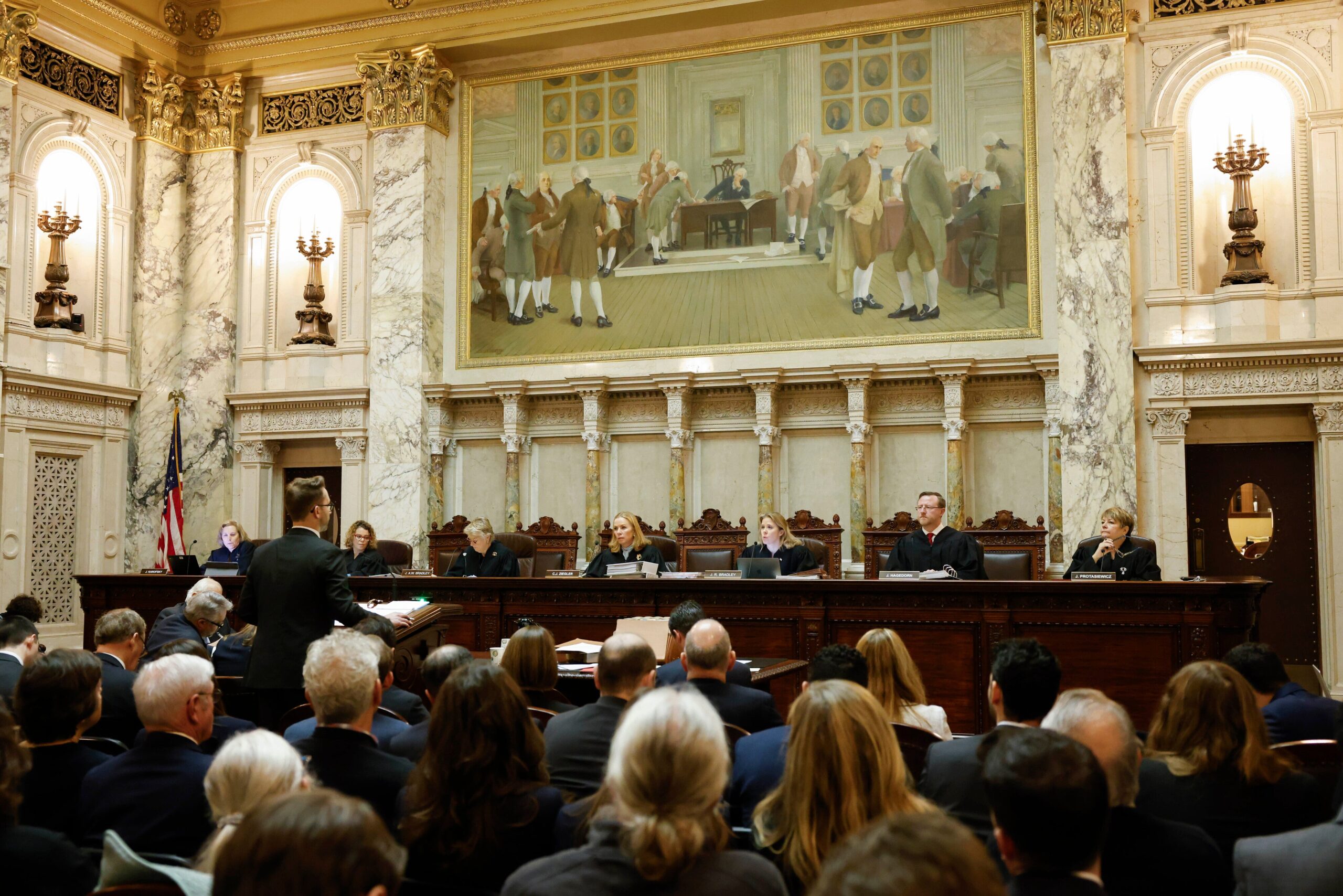Many political observers blame the current partisan political divide in Wisconsin that favors Republicans on the redistricting process that occurs every ten years. Proponents of changing that process hope to reform it before the next redrawing of legislative districts occurs in 2020.
For the average voter, the term ‘redistricting’ causes one’s eyes to glaze over. But advocates of reforming the process are hoping to convince the public that the way districts are drawn determines how meaningful their vote in an election will be. Democratic State Senator Dave Hansen says the current system – that allows the majority party to control how the lines are drawn based on the census – makes it less likely that elections will be really competitive. He’s drafted a bill that he says will take the parties out of the process. He says it should get support now because most of the current legislators won’t be in office ten years from now when the lines will be redrawn again.
“This is the absolutely the right time to do it: when you don’t have a vested interest necessarily in 2020, 21, 22 when the next redistricting can happen. My own feeling from the beginning has always been that all these districts should be as competitive as can be: as close to 50-50.”
Stay informed on the latest news
Sign up for WPR’s email newsletter.
Hansen points out that despite the fact that more Democratic votes were cast in the last election, Republicans won a strong majority because they drew district lines that favored their candidates. He says the Republican leadership have said they won’t consider his bill but Republican state representative Kathy Bernier says she’s ready to at least to give it a hearing in the committee on campaigns and elections, which she chairs: “We can start with a hearing on redistricting; I see no problem with that.”
State Senators Tim Cullen and Dale Schultz are also backing reform. They’ve have drafted a constitutional amendment on redistricting that would turn the process over to the nonpartisan Legislative Reference Bureau.
Wisconsin Public Radio, © Copyright 2024, Board of Regents of the University of Wisconsin System and Wisconsin Educational Communications Board.

